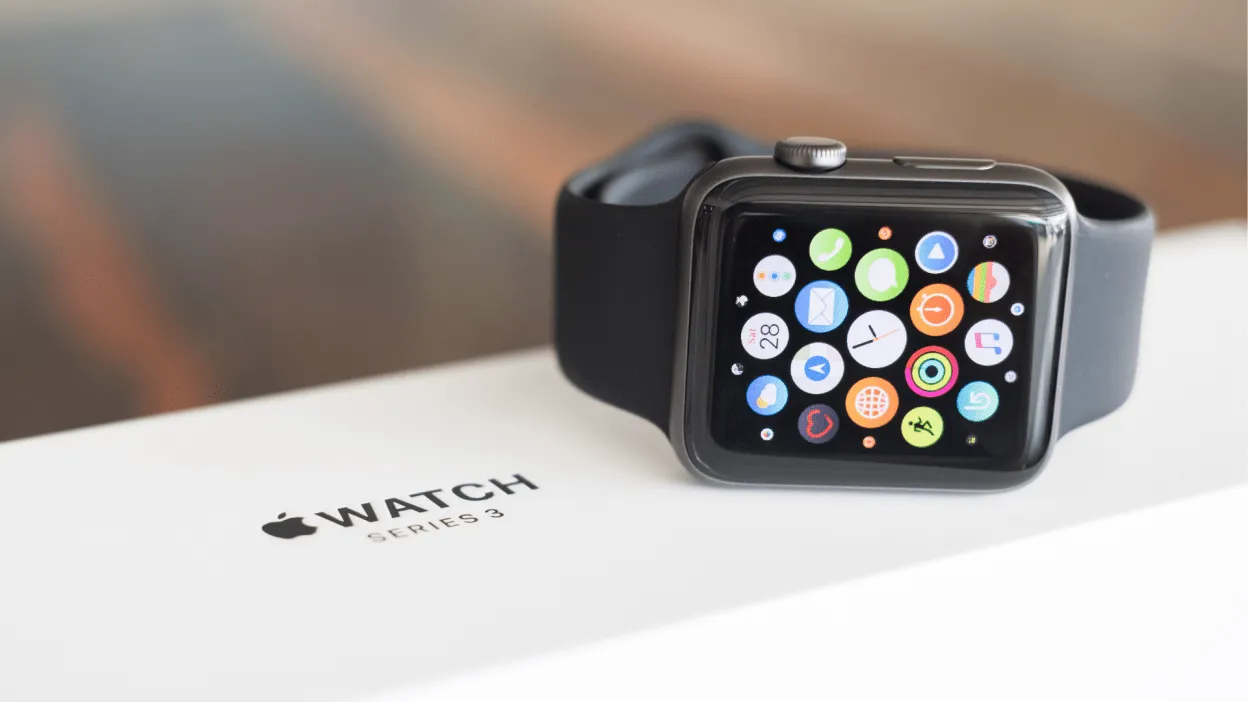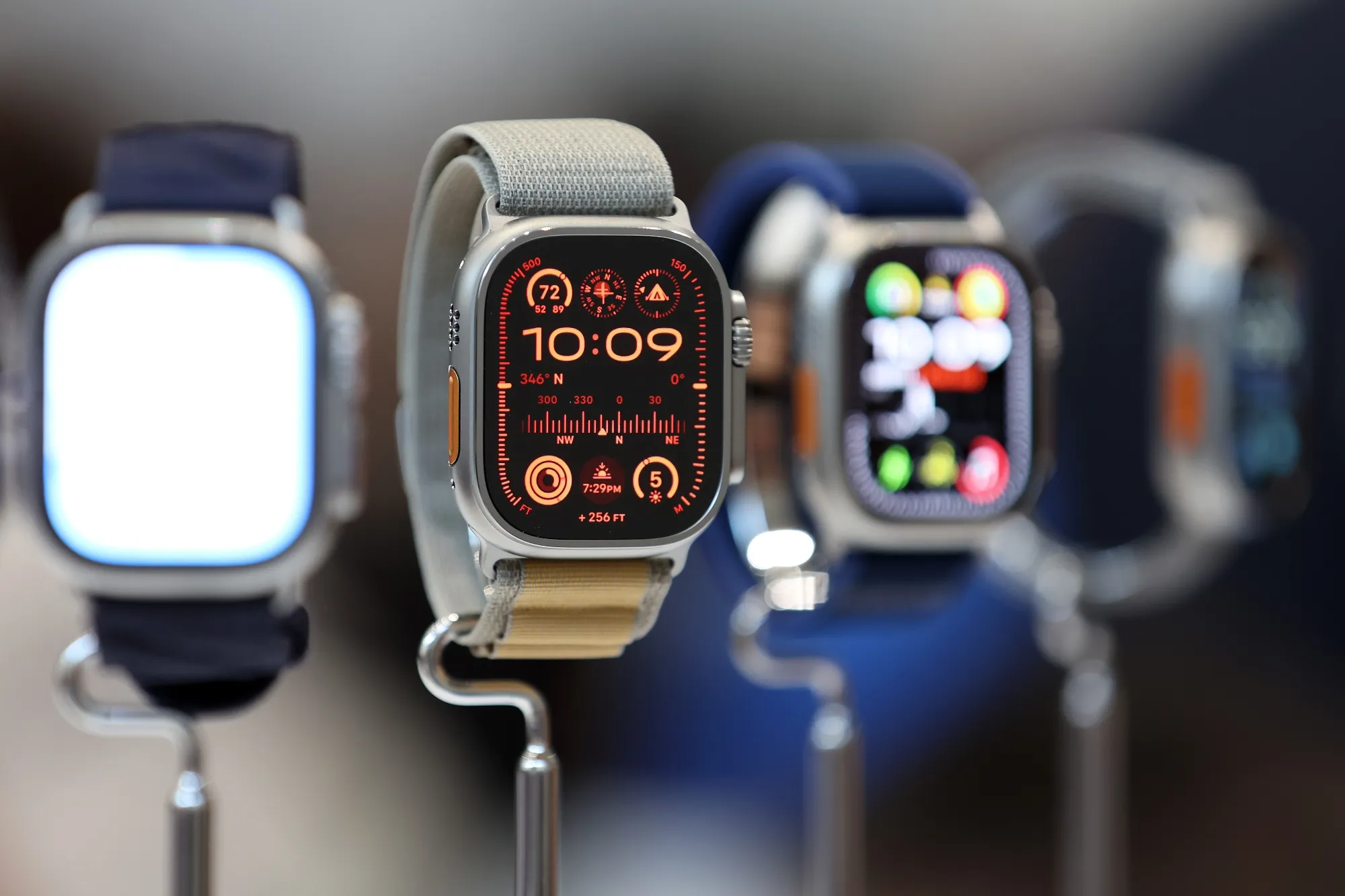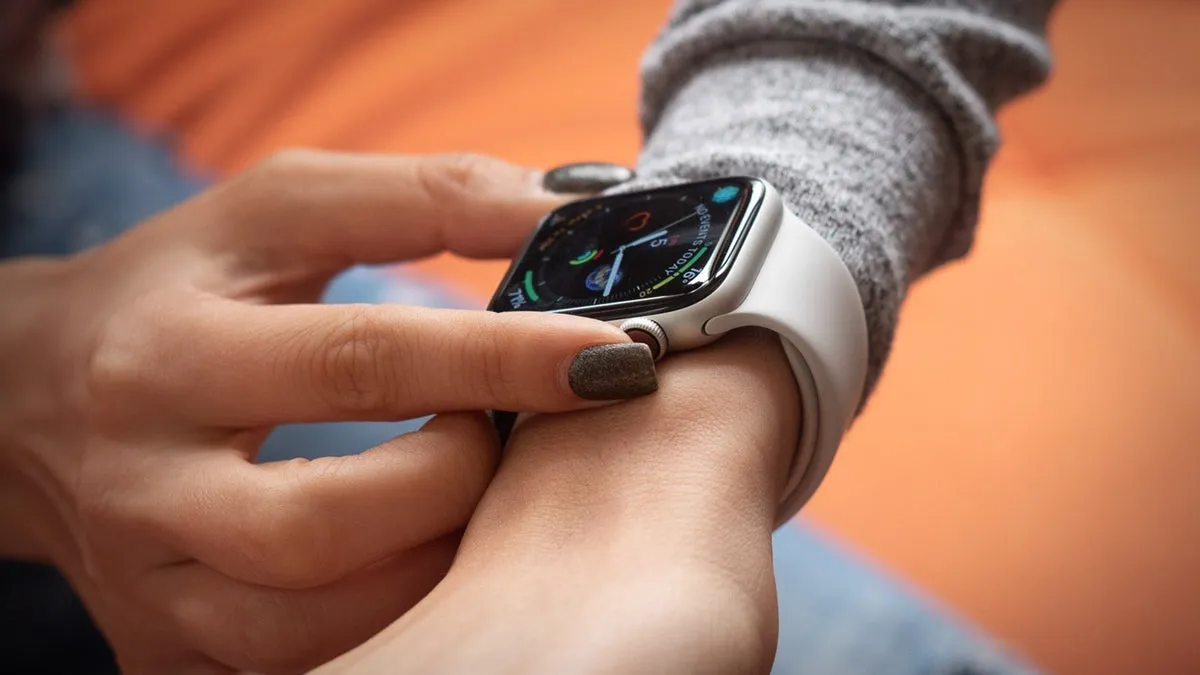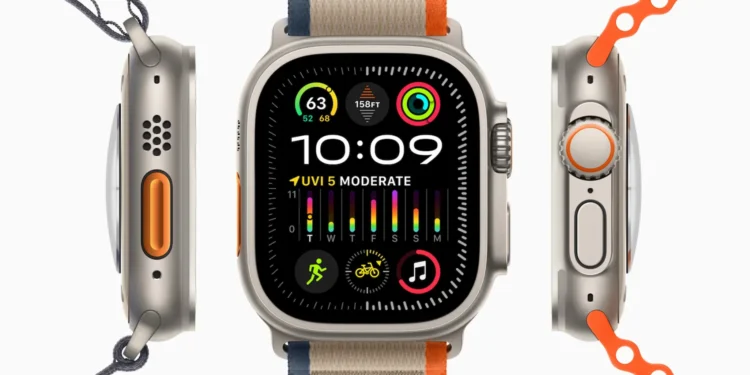In a significant legal settlement, Apple has agreed to pay $20 million to resolve allegations that its first four models of the Apple Watch were prone to battery swelling issues. This decision comes after a contentious lawsuit filed in the U.S. District Court for the Northern District of California in 2019, spotlighting potential defects in some of Apple’s earliest wearable devices.

A Deep Dive into the Battery Swelling Issue
Battery swelling occurs due to a buildup of heat and gases within the lithium-ion batteries, causing them to expand. This expansion can damage other components of the device, posing potential safety risks to users. Despite the settlement, Apple maintains its stance, vehemently denying any wrongdoing or manufacturing flaws in the affected Apple Watch models.
“Apple denies all of the allegations made in the lawsuit, denies that the covered watches experienced any issues related to battery swell, and denies that Apple did anything improper or unlawful,” read a statement from court filings. Apple’s robust defense highlights their commitment to maintaining the brand’s integrity and customer trust, despite opting to settle to sidestep further legal expenses and proceedings.

Implications for Affected Consumers
The settlement encompasses the Original Apple Watch, Series 1, Series 2, and Series 3, all models that are no longer on sale. To be eligible for compensation, U.S. residents must have reported the battery swelling issue to Apple customer service between April 24, 2015, and February 6, 2024. Notifications for the settlement will be dispatched via postcards or emails, with payments ranging from $20 to $50, depending on the number of complaints lodged by the user during the specified period.

The Larger Context of Tech Industry Settlements
This lawsuit resolution arrives on the heels of another tech giant, Google-owned Fitbit, agreeing to pay $12.25 million over similar battery overheating issues in its Ionic smartwatch. These cases highlight the ongoing challenges tech companies face in ensuring the safety and reliability of their wearable devices. As companies continue to innovate, the scrutiny on the quality and safety of their products remains high, reflecting the growing consumer expectations in an increasingly connected world.
Apple’s willingness to resolve the lawsuit with a $20 million settlement might not be an admission of guilt, but it is a clear indication of the company’s pragmatic approach to legal challenges. By settling, Apple avoids prolonged litigation, allowing them to focus on enhancing product safety and reliability.









